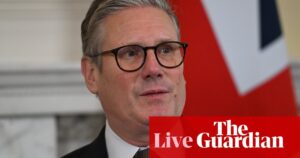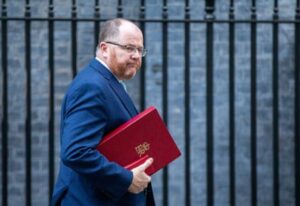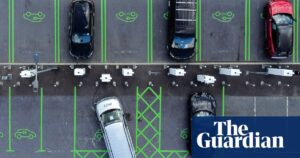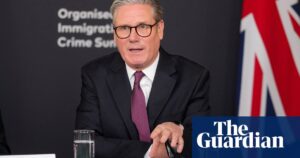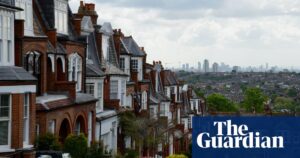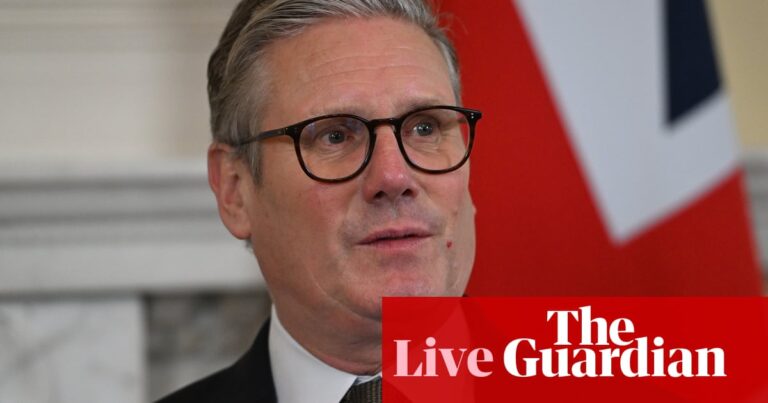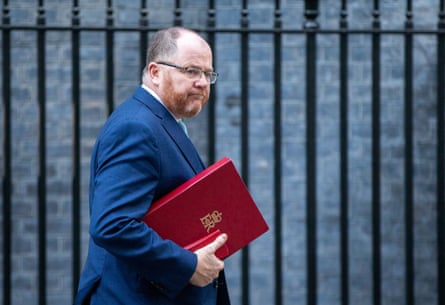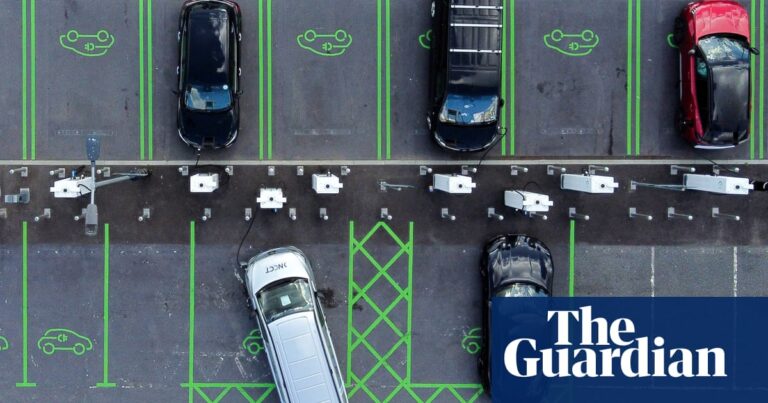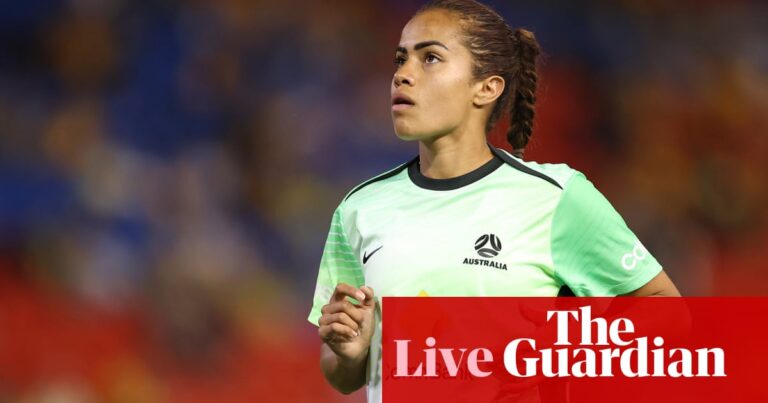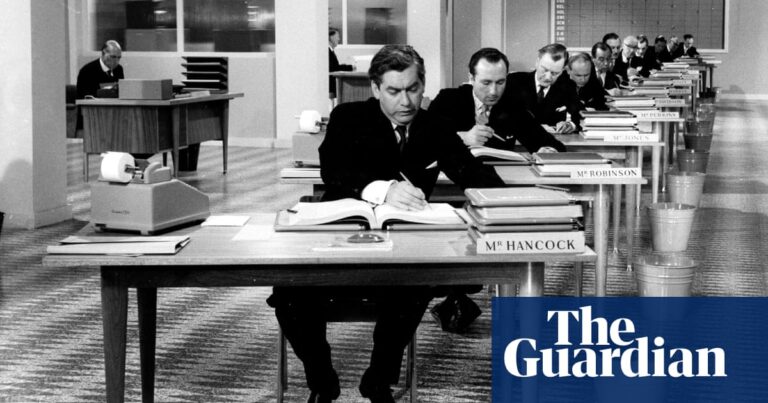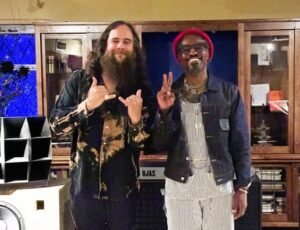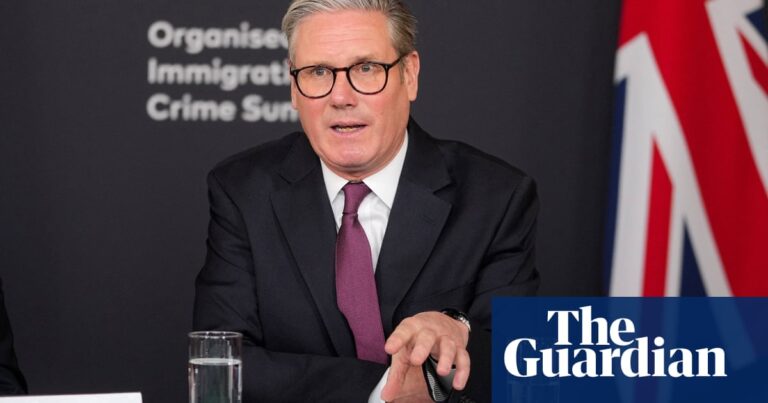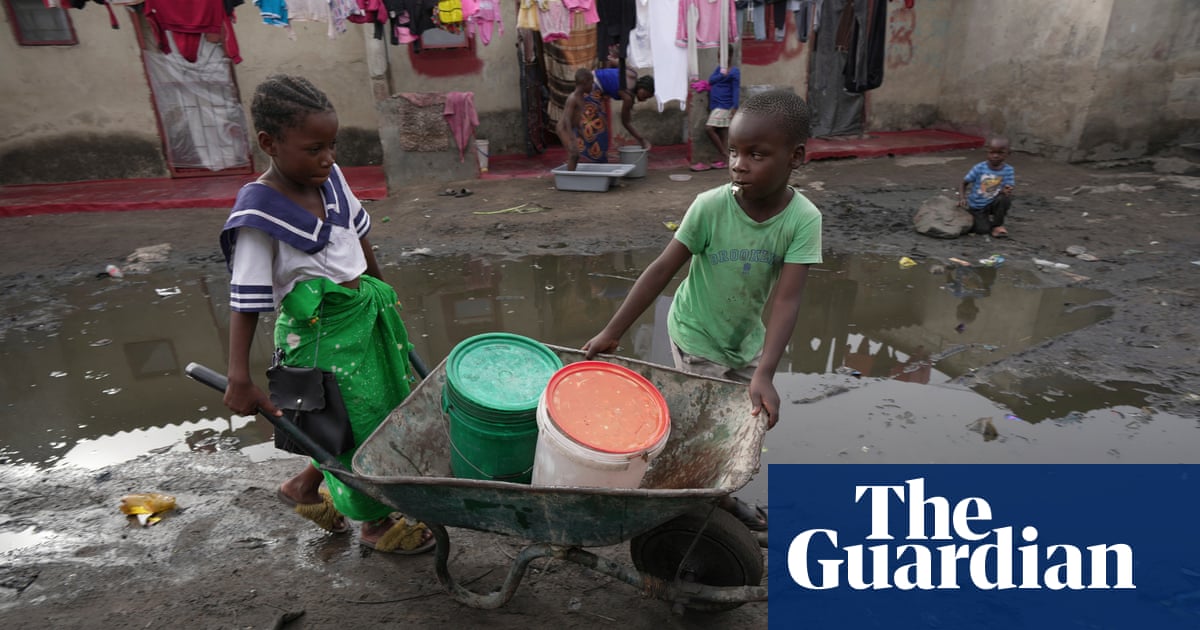
Severe drought in Zambia is threatening hunger for millions of people, cutting off electricity for long periods and destroying the country’s social fabric and economy, the environment minister has warned, in a harbinger of what is in store for the region as the climate crisis worsens.
Collins Nzovu said the “crippling drought” his country was experiencing hammered home the message that developing countries were facing catastrophe from the climate crisis, even as richer countries failed to muster financial help for the most afflicted.
“What has happened this year is that we received well below the normal rainfall. This has been a crippling drought,” he said. “We’ve had a huge crop failure. A lot of people who depend on maize, who depend on agriculture for their very survival, face starvation and hunger.”
The rains failed in February, when maize, the country’s staple crop, reaches the “tasselling” stage, when the grains start to fill. A lack of rainfall at that time means there is little prospect of saving most of the crop.
“That period we had basically almost no rainfall at all, so that made things very, very bad,” Nzovu told the Guardian.
People are reaching the end of their food stores, and importing from other countries in the region has become much harder as they too are feeling the impacts of the drought. Food supplies have come from South Africa and Tanzania, but these are uncertain in the months to come.
In normal years, Zambia has a food surplus that it exports to neighbouring countries, including Malawi, Zimbabwe and the Democratic Republic of the Congo (DRC).
About 95% of the country’s power comes from hydroelectricity, the capacity of which has been halved, leading to frequent power cuts of eight hours’ duration and more. The drought came after a series of floods that had already damaged infrastructure in the country.
Zambia’s president, Hakainde Hichilema, has declared a national disaster and put in place strict measures on the use of water. The country is also looking to diversify away from maize, to growing more cassava and sorghum, and crops more resistant to drought.
Nzovu said the plight of Zambia was a foretaste of the disasters that would increasingly afflict the region as climate breakdown took hold. “Look at all the factors which will tell you there has really been a change in the climate. There is no doubt at all,” he said.
In early June, countries from around the world will meet in Bonn under the auspices of the UN for the first stage of months of negotiations on a new financial framework for tackling the climate crisis. This will culminate in the UN summit Cop29 in Azerbaijan in November, at which nations are supposed to set out a “new collective quantified goal” for providing hundreds of billions of dollars in climate finance each year to the developing world.
However, the talks are mired in difficulty. Many countries are in the throes of election campaigns, including the US, the world’s biggest economy, and the EU, where politicians are concerned of a possible backlash against climate action. There is no agreement over how climate finance should be provided, where it should come from and who should receive it.
Nzovu said progress must be made on the issue as a matter of urgency. “If the whole world, especially the developed world, will not come to the table, and provide cheaper financing, adequate financing, then we will be left behind,” he warned.
He said the countries that benefited first from industrialisation owed a responsibility to the poorest. “The climate has changed because the developed world has been buying so much fossil fuel for their development,” he said. “These are the fossil fuels which have been burned which have made the climate change.”
Zambia is also, like scores of other climate vulnerable countries, struggling under a mountain of debt, which has been worsened by high interest rates around the world as a result of the war in Ukraine. The government got help from the International Monetary Fund to restructure its debt, and has taken measures to stabilise the economy, which until the drought was growing again after years of shrinking.
The country is also hoping to mine more of its mineral wealth, including cobalt and copper, that will be needed globally in the transition to a low-carbon energy system. Zambia is exploring a partnership with the DRC for exports.
Cobalt production has been problematic in parts of Africa, including the DRC, where it has been associated with child labour and exploitation. Production would be managed in a way to benefit the people without harming the environment, Nzovu pledged. “We will put on notice that Zambia is ready for investment, but investment really must not only benefit the private sector, it must benefit Zambia as well, directly. We are ensuring good governance, fighting corruption, ensuring that there’s democracy,” he said.
Nzovu called for reform of climate finance to help countries in Africa and other regions of the global south to avoid the worst impacts of the climate crisis.
“Africa has contributed very little to climate change. Our CO2 emissions are almost negligible. And yet the consequences Africa is suffering are so severe,” he said.
Source: theguardian.com


